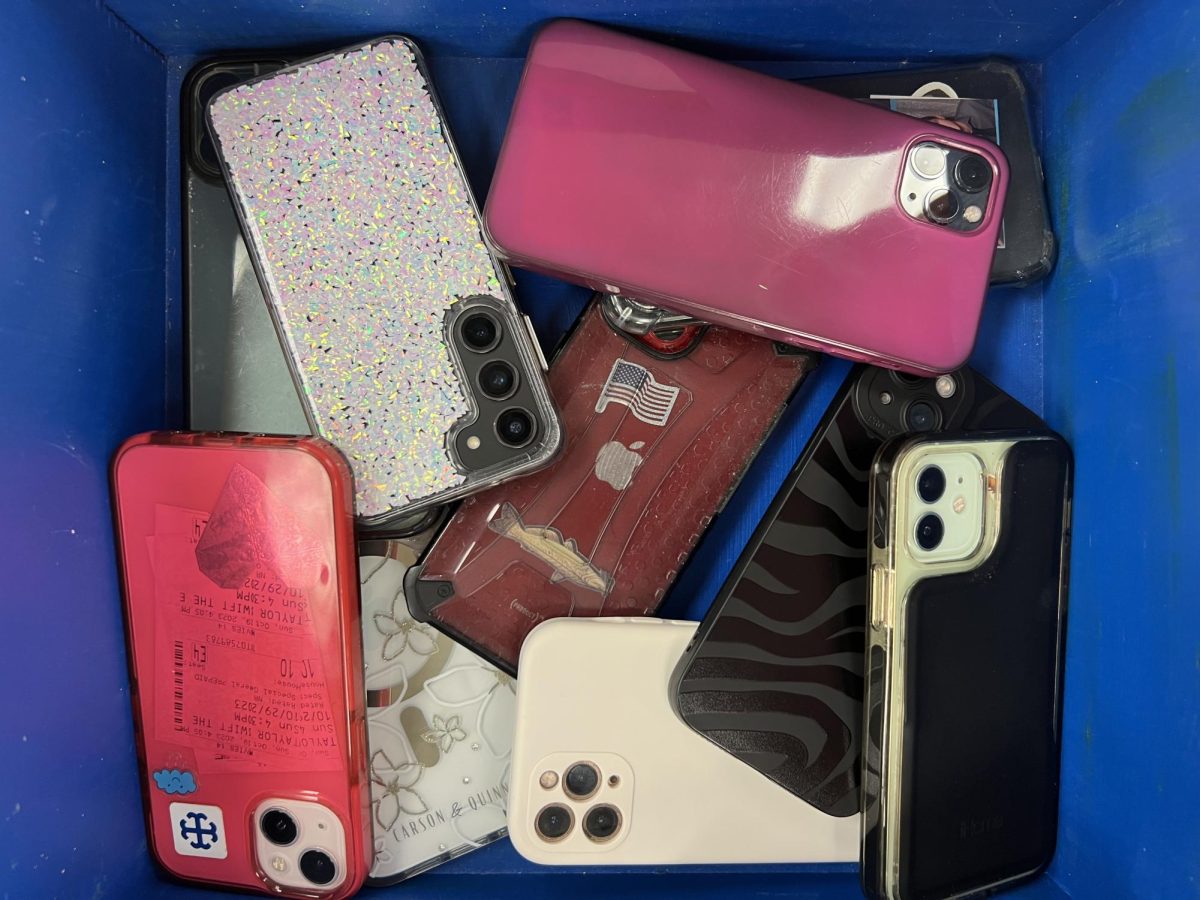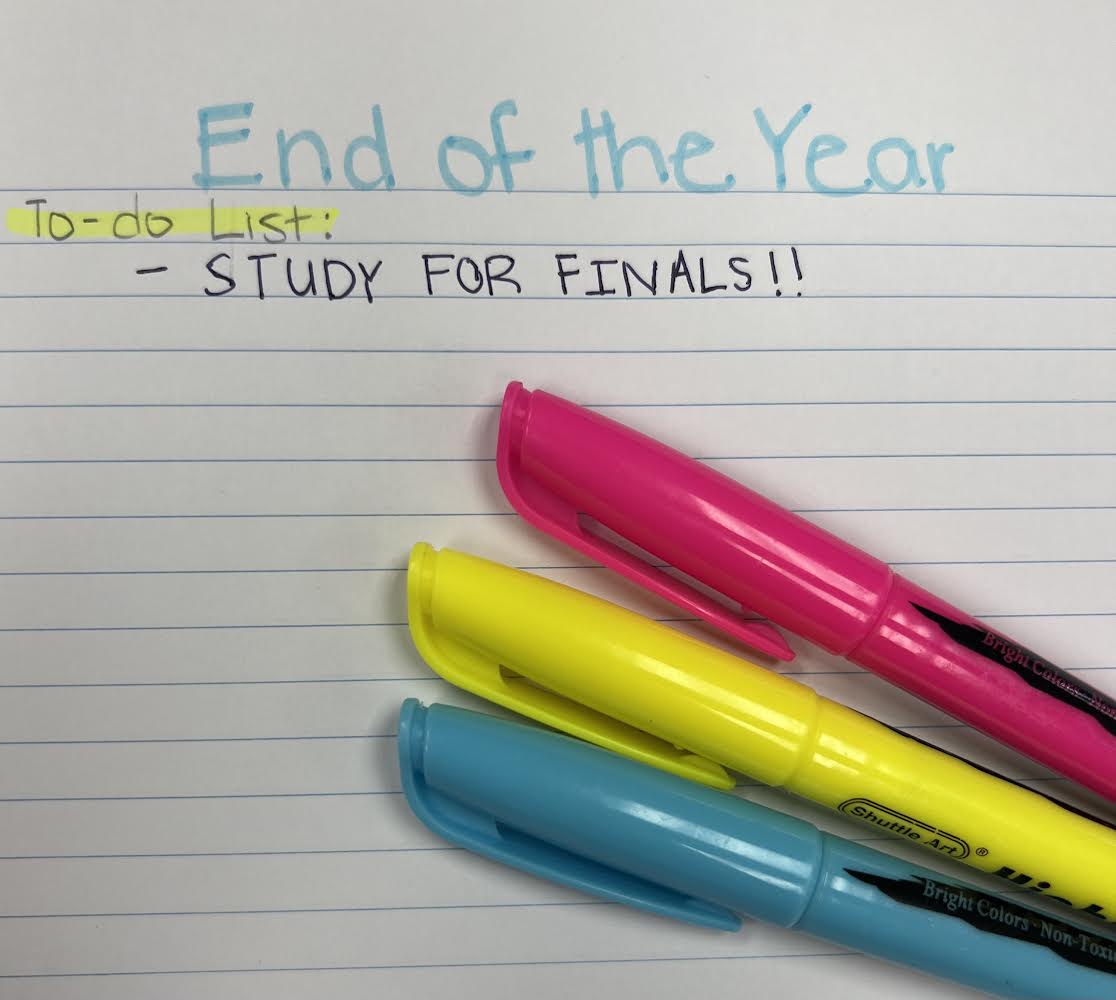The decline in “student engagement, behavior, and mental health” in the classroom has propelled the Indiana Senate Enrolled Act No. 185 to be signed by Governor Eric Holcomb into law.
Act 185 takes effect in July as a wireless communication device policy. A described in the Act, wireless devices include phones, tablets, computers, and gaming devices that will be prohibited during instructional hours. However, the policy will allow for cellphones in three specific types of instances: 1) if a teacher permits it for educational use in the classroom, 2) if a student requires it for managing healthcare needs, and/or 3) if the student requires it for an individualized education plan, such as a 504 plan. Lawmakers see this legislation as a “necessary step” towards enhancing the learning environment.
What that will look like in each individual school corporation, however, may be somewhat different. The implementation methods will be left to the “discretion” of each district. Thus, schools will have the ability to create a tougher policy if desired. The law only requires the minimum each school must implement–and it also requires schools to publish the policy on their website so that there is no confusion over what is expected.
As State officials point out, the widespread use of cellphones in the classroom has proven to be a “major source of distractions and disruptions.” In fact, they go as far as to say that students are “addicted to their devices.” Elkhart High School art teacher Holli Ness has seen a firsthand account of the baleful effects of cellphone use in the classroom. “It has been frustrating, because students are too busy playing a game [while instructing], and when I’m done teaching, they ask ‘What are we doing?” Ness states with frustration. “I believe the phone ban will be effective,” she adds.
School is meant to be a place for growth by gaining knowledge, developing skills, and preparing students for their future. Constant distractions like cellphones put the beneficial influence of the school system in jeopardy. If students cannot focus on their education, they are not learning. Ness adds, “I think a quarter of students will be okay with the policy, but the other three quarters will be very angry.”
However, Principal Cary Anderson does not believe that the new law is really all that new. “We already have a policy in place that seems to meet the new law’s requirements,” reasserts Anderson. But, having not assessed the specifics of the state’s policy yet, Anderson cannot really speak to the details of it. “Any new law takes time for school districts to fully understand how it should be implemented. If there are changes, then the district will communicate those out as soon as possible.”
If a teacher is experiencing issues with cellphones in the classroom, Anderson states, the school’s current policy addresses that. “Many teachers already have classroom-management plans, which consist of taking student’s phones at the beginning of the class period and putting them in a safe area. Then the teacher will hand them back at the end of the period.” Concluding, Anderson adds, “I do not think that this will be a huge change for students. I would think that most students understand that having their phone out during class is not appropriate.”
EHS Cell Phones/Electronic Devices/iPads Policy
“It is against School Board Policy to knowingly use on school grounds during school hours an electronic device (e.g. cellular phone, tablet, computer, pager, music device, digital camera, electronic equipment, etc.) in a manner which constitutes an interference with a school purpose, educational function, invasion of privacy, or act of academic dishonesty; or is profane, indecent, or obscene. Due to safety reasons, students will not be able to use earbuds during passing periods. Students who violate this rule will have their cellular phone/electronic items confiscated, and may for repeated violations of this rule, be subject to discipline.
After the first offense, parents/ guardians must come into the school to sign a release item form in order to pick up the item. Elkhart High School will not be responsible for electronic devices that are lost or stolen. Bring electronic devices to school at your own risk.”






















Breona • Mar 22, 2024 at 10:58 am
It’s interesting that by having this law, the lawmakers think this will have a major effect. In reality, most schools will not act on it, and if it is acted upon its on a teacher by teacher basis. Some teachers will follow it maybe, but there will always be loads that dont. In my time at high school, I’ve had only one teacher with a phone policy and it wasn’t even that strict.